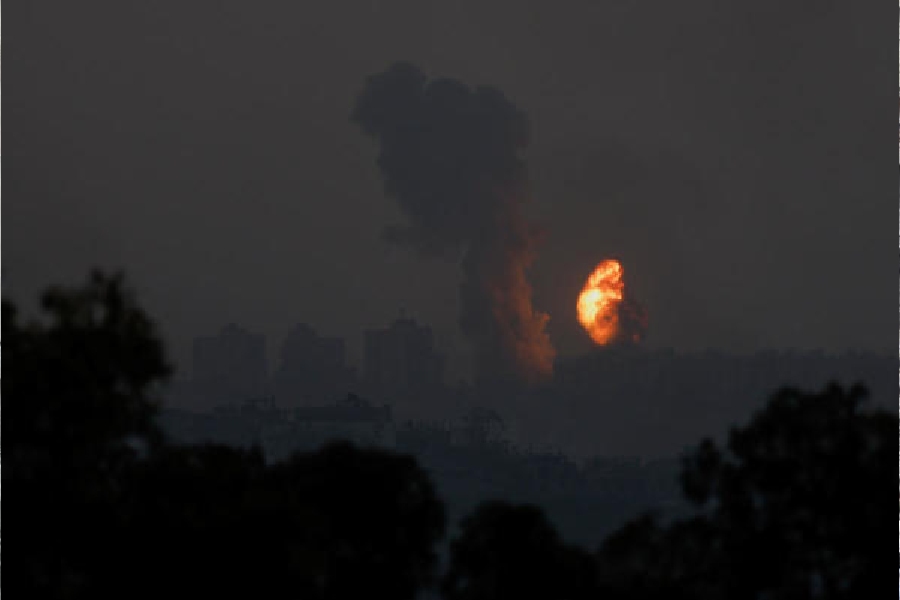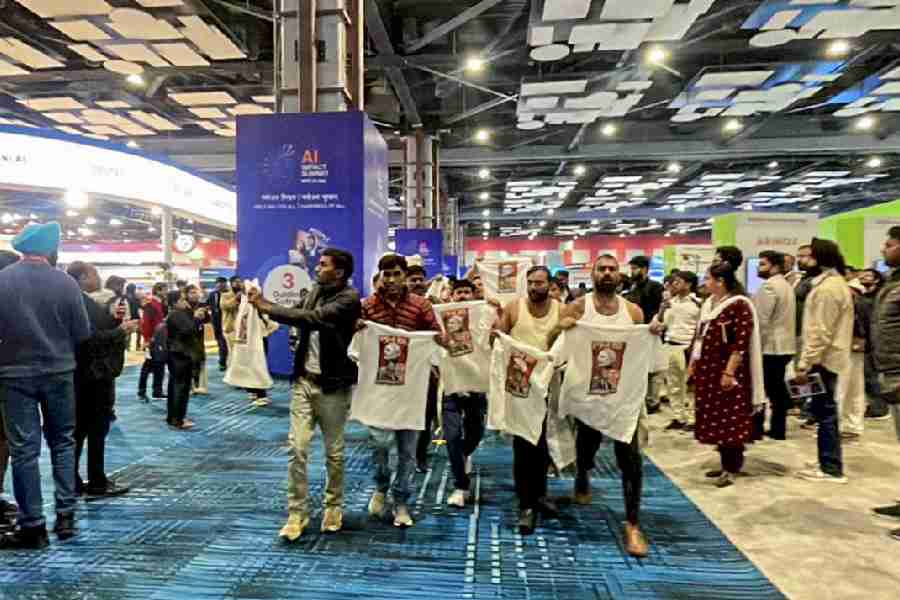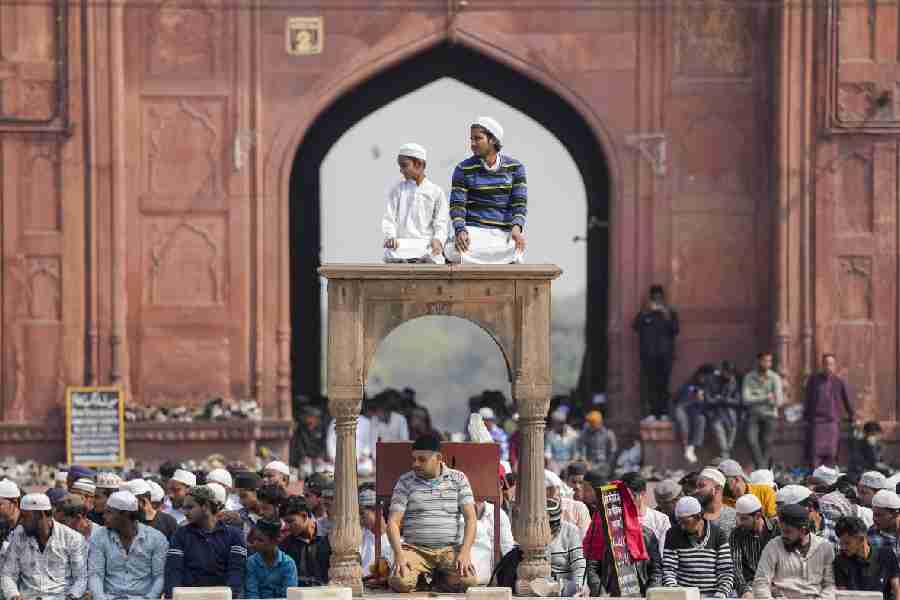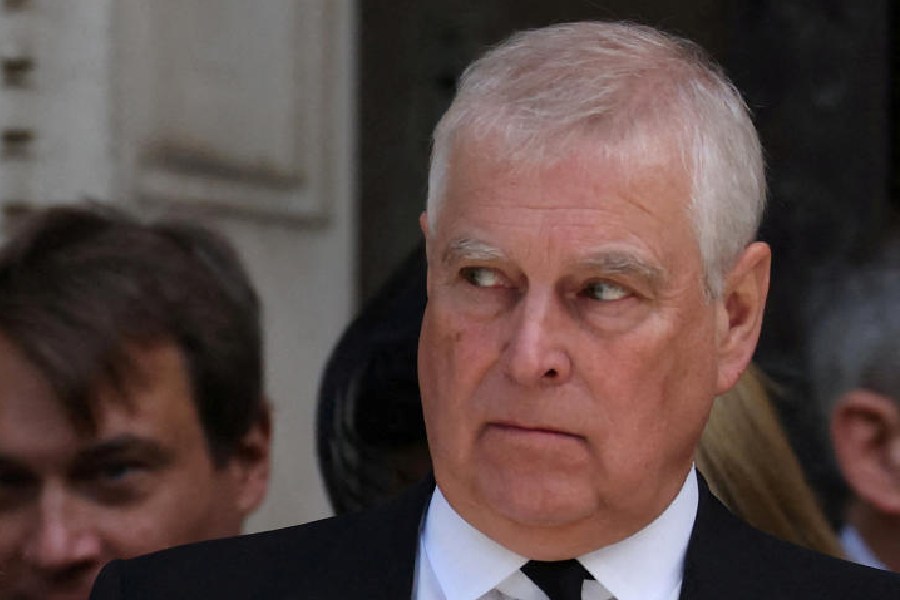The Gaza Strip is “being strangled” by Israel’s extreme siege of the territory, which will soon result in even more civilian deaths, the head of the UN agency that aids Palestinians said Friday, adding that the system to allow aid in from Egypt was “geared to fail”.
Philippe Lazzarini, head of the agency known as UNRWA, gave perhaps his most dire warning yet of the humanitarian disaster unfolding in the territory, saying that “food, water and fuel — basic commodities — are being used to collectively punish more than 2 million people, among them, a majority of children and women”.
Israel cut off water, food, electricity and fuel to Gaza on October 9, as it began its campaign of airstrikes in response to the Hamas attack on Israel two days earlier, in which 1,400 Israelis were killed. That extreme siege was on top of an existing 16-year blockade by Israel and Egypt that heavily restricts imports and prohibits most people from leaving.
Lazzarini told a news conference in Jerusalem that while the several dozen aid trucks that have entered Gaza over the past week had provided a glimmer of hope, the focus on their numbers was “becoming a distraction.”
He stressed that the arrival of aid trucks through one border crossing with Egypt — while the crossings with Israel remain closed — does not equate to a lessening of the siege.
“These few trucks are nothing more than crumbs that will not make a difference for 2 million people,” he said.
Ten more aid trucks entered Gaza on Friday morning, bringing the total to 84 over the past week, a spokesperson on the Palestinian side of the crossing said. The UN has said that at least 100 trucks a day are needed to meet basic needs.
Lazzarini pushed back against suggestions that Hamas could seize aid, insisting that the relief agency had “solid monitoring mechanisms” and “works with vendors and partners that are vetted against the sanctions list.” Hamas is designated as a terrorist organisation by the EU and the US.
“UNRWA does not and will not divert any humanitarian aid into the wrong hands,” he said.
The agreement to allow trucks into Gaza through the Rafah crossing with Egypt was the product of intense diplomatic negotiations involving the US and UN. Israel agreed to the deal but has insisted on carrying out lengthy inspections of trucks, saying they are needed to ensure that items such as weapons do not reach Hamas.
Israel has also insisted that no fuel be included in the aid convoys, arguing it could be diverted by Hamas. This has spurred protests from Palestinians in Gaza and international aid groups who say fuel is vital to the operation of hospitals, desalination plants and other essential infrastructure, and that supplies are nearly gone.
Lazzarini repeated his call for a humanitarian cease-fire to ensure aid can be safely delivered across Gaza.










